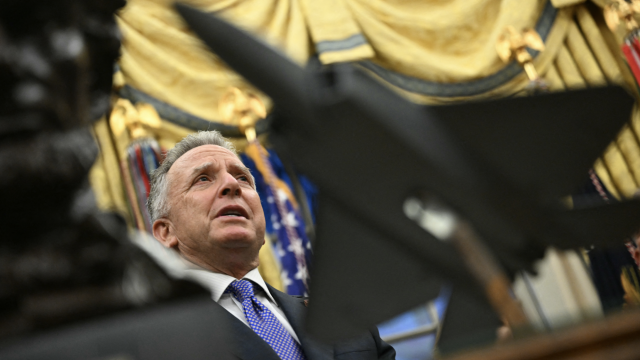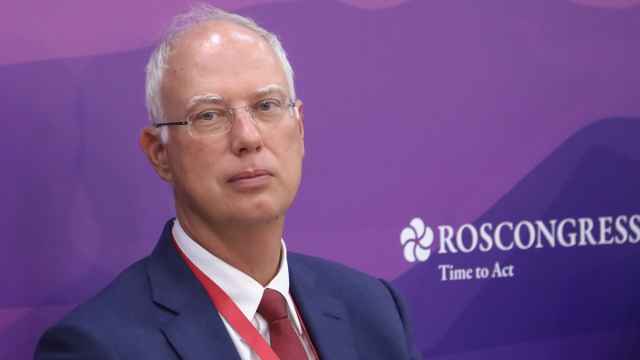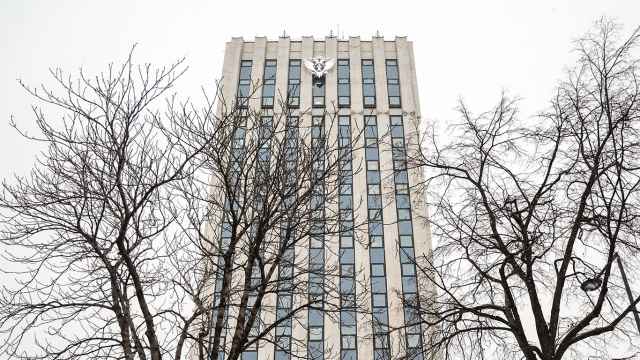Goldman Sachs Group is making a third attempt in 17 years to crack the Russian market, this time by leveraging a $1 billion private-equity bet and wooing the Kremlin for roles in asset sales.
The effort is paying off. The firm has jumped to second place in advising on Russian mergers and acquisitions this year, behind Morgan Stanley. It has also secured pledges from companies including Mail.Ru Group and Tinkoff Credit Systems to arrange equity and eurobond deals in return for investing more than $1 billion of its own money.
The bank, led by chief executive Lloyd Blankfein, who visited Russia twice in the past year, struggled after opening its first office in Moscow in 1994. It scaled back soon after as part of a worldwide retrenchment, returned in 1998 weeks before Russia defaulted, withdrew almost entirely after the crisis and ramped up again in 2006. Since then, the firm has more than tripled its work force in Moscow to 150.
Goldman Sachs jumped to fourth place in handling equity sales for Russian companies last year, its highest position ever, behind VTB Capital and Renaissance Capital, both based in Moscow, and Morgan Stanley. The company has underwritten the third-largest amount of foreign debt this year, up from 13th place in 2010.
Goldman Sachs may become a co-investor alongside a new $10 billion state-owned private-equity fund, according to two sources familiar with the matter. Blankfein, who along with other bank executives is advising President Dmitry Medvedev on transforming Moscow into a global financial center, is also pushing to win mandates for the Kremlin's $30 billion privatization program.
The key to success has been private equity, according to Christopher Barter, co-head of Goldman Sachs in Russia, who called it "a major differentiator."
Goldman Sachs, based in New York, has made more direct investments in privately held Russian businesses than any foreign bank, buying stakes in 15 companies totaling more than $1 billion since 2007, Barter said. The firm's four private-equity bankers in Moscow made the purchases on the condition that Goldman Sachs get mandates later, according to a person familiar with the deals who asked not to be identified because he wasn't authorized to speak about them.
"That has been a magnet for companies wanting pre-IPO financing," Barter said.
Goldman Sachs' investment in Mail.Ru helped the bank score a role in the company's $912 million initial public offering in London in November.
Along with Deutsche Bank and Morgan Stanley, Goldman Sachs is also managing this week's IPO on NASDAQ for Yandex.
"Goldman is a credible player in Russia, and now it has individual success stories like Mail.Ru to showcase," said Kirill Dmitriyev, a former Goldman Sachs banker appointed May 18 to run the government's $10 billion private-equity fund.
The bank also acquired a stake in Tinkoff, a Moscow-based credit-card issuer, in 2007, according to two people familiar with the matter. Goldman Sachs and Citigroup managed the sale of $175 million of Tinkoff bonds in April.
Part of the allure for foreign investment banks is advisory work on the government's plan to sell $30 billion of assets by 2015 to replenish state coffers and improve corporate governance. The Kremlin is auctioning companies including Sovcomflot, Russia's biggest shipper, and Russian Railways, the rail monopoly. It expects privatizations to generate about 1 trillion rubles ($32 billion) in the next three years.
Russia's last major IPO of a state-owned company was in 2007, when VTB Group, the country's second-biggest lender, raised $8 billion. Goldman Sachs, which worked alongside Deutsche Bank and New York-based Citigroup on the offering, was selected with 22 other lenders to be an adviser on the new round of asset sales.
Last year was the biggest for Russian M&A since 2007, helped by 96 deals worth $50.9 billion in the fourth quarter alone. Goldman Sachs, second to New York-based Morgan Stanley last year, advised on 21 deals worth $36 billion, including Wind Telecomunicazioni's $6.5 billion merger in April with VimpelCom.
The bank is currently advising potash producer Uralkali on its $7.8 billion acquisition of rival Silvinit.
"The old perception of Goldman Sachs in Russia is that we haven't been consistent in our efforts in this country," Barter said in an interview in Moscow on May 12. "This is not the reality today."
Richard Hainsworth, chief executive of RusRating, an independent credit-ratings firm in Moscow, and a former Renaissance Capital banker who has worked in Russia since 1981, remains skeptical about the bank's prospects, notwithstanding its recent advances.
"Each time, Goldman has come with a big fanfare and said they were committed before turning on their tails and running," he said.
A Message from The Moscow Times:
Dear readers,
We are facing unprecedented challenges. Russia's Prosecutor General's Office has designated The Moscow Times as an "undesirable" organization, criminalizing our work and putting our staff at risk of prosecution. This follows our earlier unjust labeling as a "foreign agent."
These actions are direct attempts to silence independent journalism in Russia. The authorities claim our work "discredits the decisions of the Russian leadership." We see things differently: we strive to provide accurate, unbiased reporting on Russia.
We, the journalists of The Moscow Times, refuse to be silenced. But to continue our work, we need your help.
Your support, no matter how small, makes a world of difference. If you can, please support us monthly starting from just $2. It's quick to set up, and every contribution makes a significant impact.
By supporting The Moscow Times, you're defending open, independent journalism in the face of repression. Thank you for standing with us.
Remind me later.





